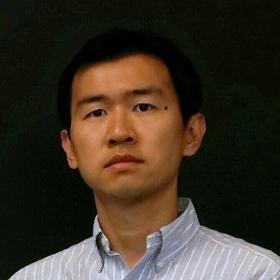In this talk, I will discuss several symmetries in quantum physics that have recently led to the observations of intriguing optical phenomena and the realizations of novel photonic functionalities. Different from canonical quantum mechanics, these symmetries imply non-Hermiticity that is difficult to realize in high-energy physics or condensed matter systems in a controlled fashion. However, thanks to absorption and radiation loss as well as light amplification, photonics provides an ideal platform to explore the ramification of these symmetries, including parity-time (PT) symmetry and non-Hermitian particle-hole symmetry. Another unique phenomenon in non-Hermitian systems is the existence of exceptional points (EPs), where not only do the eigenvalues of an operator (the scattering matrix, the Hamiltonian, etc.) become degenerate but the corresponding eigenstates also become identical. I will introduce EPs with previously unexpected dispersion relations, which are non-Hermitian counterparts of Dirac points and Weyl points. In addition, I will highlight two types of novel optical modes that do not have a passive or Hermitian counterpart, namely an active photonic resonance and robust non-Hermitian zero modes without a global symmetry.

Li Ge is a Professor of Physics at the City University of New York (CUNY), affiliated with the College of Staten Island (CSI) and the CUNY Graduate Center. He obtained his PhD in Physics from Yale University in 2010 and was a postdoc at Princeton before joining CUNY in 2013. He received an NSF CAREER award in 2019 and a Dolphin Award for Outstanding Scholarly Achievements from CSI in 2023. He was elected a fellow of Optica (formerly OSA) in 2024. Professor Ge's current research interest includes quantum-inspired symmetries and topologies in non-Hermitian systems as well as laser physics in complex and random media.
